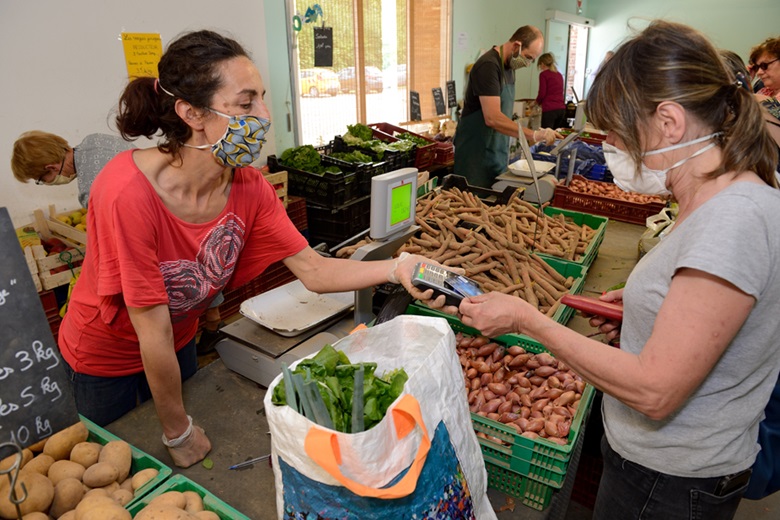Safeguarding Food Security with Open Trade Policies

APEC member economies should adopt an open trade policy to safeguard food security in the region amid the COVID-19 pandemic, says a new policy brief by the APEC Policy Support Unit.
The recent policy brief on export restrictions and food security in the context of the COVID-19 pandemic shows that the variety of movement restrictions implemented across borders has affected the supply of food, especially perishables such as fruits, vegetables, dairy, seafood and meat.
“Some governments have reacted to episodes of panic buying by implementing export bans or restrictions on certain food products, hoping to secure the availability of food,” says Carlos Kuriyama, Senior Analyst of the APEC Policy Support Unit.
Kuriyama, who is the author of the policy brief, explains that these measures could threaten food security and increase food prices, a detrimental scenario for citizens, especially the poorest households.
“No matter that export restrictions are allowed in certain situations by the World Trade Organization (WTO) rules, it would be less trade-distorting to improve access to food by reducing import tariff rates than by putting export restrictions in place,” he advises. “By doing so, domestic consumers and firms will have access to greater quantities of food products at lower prices due to the increased availability of imported products.”
According to the policy brief, at least four APEC economies have implemented export restrictions affecting food products since the beginning of the year. These measures include temporary export bans and quotas on food products such as rice, buckwheat, soybeans, wheat, maize, barley and eggs—all critical staples for families.
While the number of export restrictions and bans in APEC does not seem to be high at this point, the policy brief highlights the importance for member economies to stay vigilant and intensify cooperation efforts to avoid any escalation of these types of measures.
“The last thing we want to see in the current pandemic is a food crisis where the availability of food staples are scarce and prices are high,” acknowledged the APEC Secretariat’s Executive Director, Dr Rebecca Sta Maria. “APEC needs to ensure that the food supply chains remain open and available for all of our citizens, including vulnerable communities.”
The APEC region’s food security environment is in better shape today compared to the global food crisis of 2007–2008. APEC’s collective stock-to-use ratios for maize, rice and wheat has doubled since then. However, only less than one-third of APEC economies improved their rice and wheat ratios, and more than half of APEC economies currently have their maize stocks-to-use ratios at low levels, below 10 percent.
“This reinforces the need to keep open trade policies as a tool to improve food stocks during this pandemic,” says Kuriyama.
Kuriyama says that strengthening food security requires collective efforts in addition to open trade policies, such as maintaining connectivity, improving resiliency of food supply chains, keeping transparency and reinforcing international cooperation, among others.
In response to the COVID-19 pandemic, the policy brief acknowledges that food security is an important and complex area that requires further analysis. The APEC Policy Support Unit could work closely with relevant APEC groups to have a better understanding of the current challenges and support appropriate food security policy responses to COVID-19.
Download the Export Restrictions and Food Security in the Context of the COVID-19 Pandemic Policy Brief
# # #
For further details, please contact:
Masyitha Baziad +65 9751 2146 at [email protected]
Michael Chapnick +65 9647 4847 at [email protected]
More on APEC meetings, events, projects and publications can be found on www.apec.org. You can also follow APEC on Twitter and join us on Facebook, LinkedIn.

